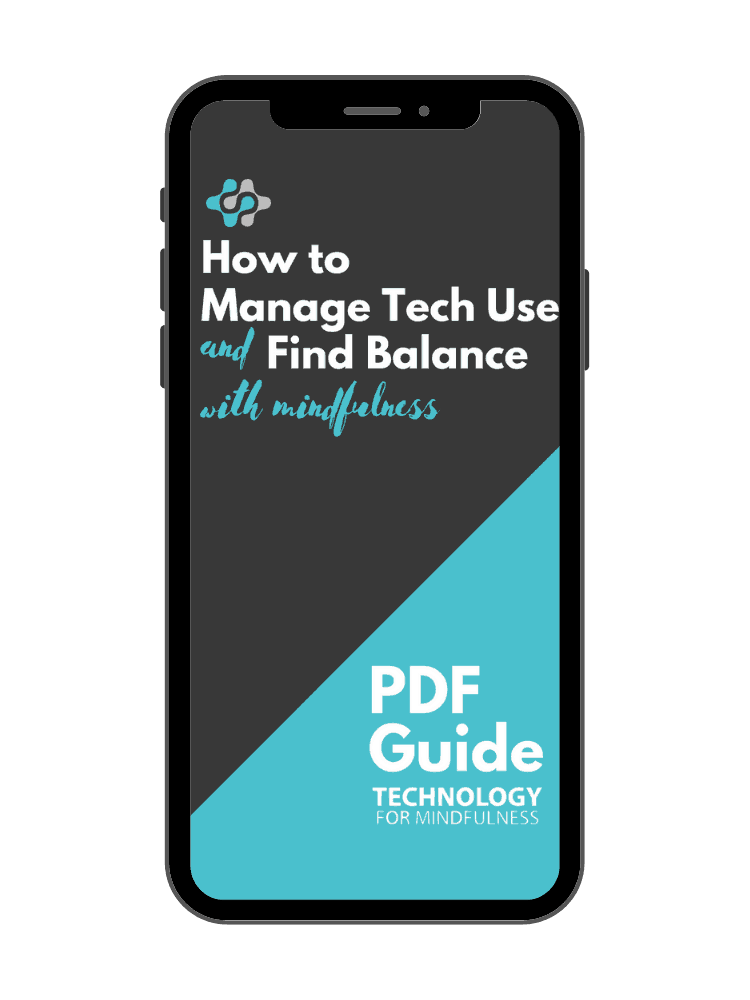Technology is such an integral part of our lives, and as technology evolves and 
If we’re not mindful about how we’re using many of the technologies that are so prevalent in our lives, then it can be easy to let it control us.
Technology Influences our Decisions by Limiting Choices
Go to a website or open up any app on your phone, I’m willing to bet that somewhere on the page you’ll see a menu—a list of choices. The developer is giving you the freedom to choose where you navigate to. Right?
But often times those menus are just a small portion of the content you can navigate to.
These website or app developers are giving you a narrow list of choices in order to manipulate you into choosing what they want you to choose, not what you want. Instead of helping you complete the goal you originally intended, these menus often distract.
What are you NOT being shown?
While you’re browsing through all the options that you’re given, you’re missing out on so much more!
Technology is Almost as Addictive as Gambling
The average person uses their smartphone between 76 and 132 separate times each day, according to one study. Even when we’re not using our phones we still like to have them nearby just in case and check them often, really often, about 2,500 to 5,500 times per day!
Those statistics seem a bit shocking, don’t they. But it’s true, we mindlessly check our phones more often than we think!
So why do you check our phones so often?
The same reason that people become addicted to gambling.
Variable rewards.
Not all the time, sometimes when we check our devices we’re rewarded with a notification: a like on a photo, a new email, a comment from a friend. This is the same way people become addicted to gambling: sometimes you’re rewarded and we crave that reward.
We want to know what lies behind that little red notification bubble. What will we see next as we’re scrolling through our Facebook feeds? When we refresh our emails, will there be a new unread message waiting for us?
It sounds silly, but it’s true—we’re addicted to those small digital rewards.
We Need Social Approval, and We Need To Give it Back
No one likes to believe that they need the approval of their peers to be happy, but in the digital world, most of us do. We want people to like our pictures on Instagram. Before we upload a new profile picture on Facebook whether others will like it. If we send an email, we expect a reply.
And when someone does like your photo, or someone new starts following you, we often feel the need to reciprocate. If someone sends you an email, you send one back. Right? Many times these tasks aren’t necessary, but we do them anyway. The same way we would do a favor for someone that’s done us a favor in the past—it’s not required, it’s just what you do.
While I’m not saying that we should stop giving back to others and reciprocating kindness, we should start doing these things because we want to do them, not because we think we should.
While technology can be a great way to find mindfulness and can help us practice meditation, we must learn to use it more consciously—more mindfully.
Learn how to bring a little more mindfulness to your life by controlling your notifications.

